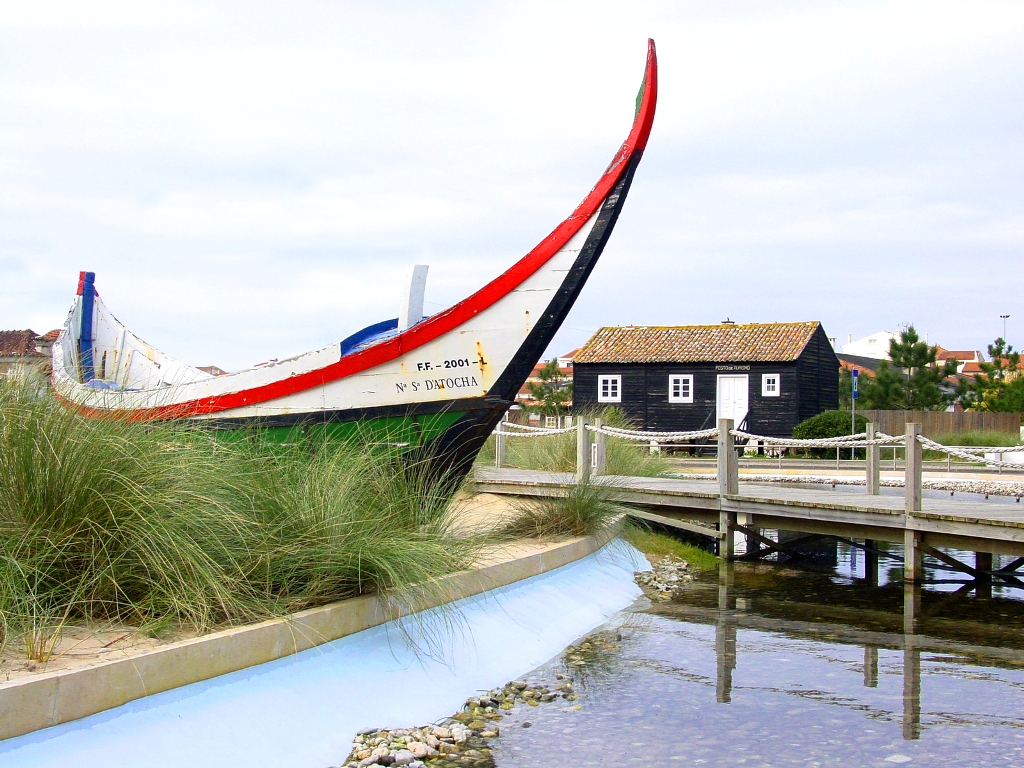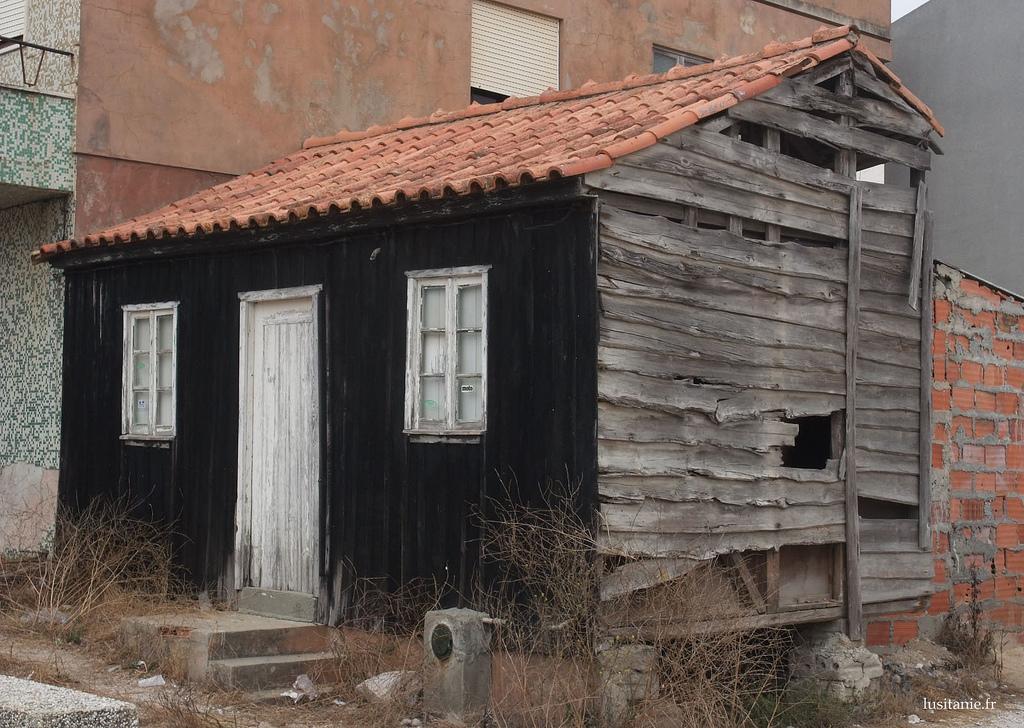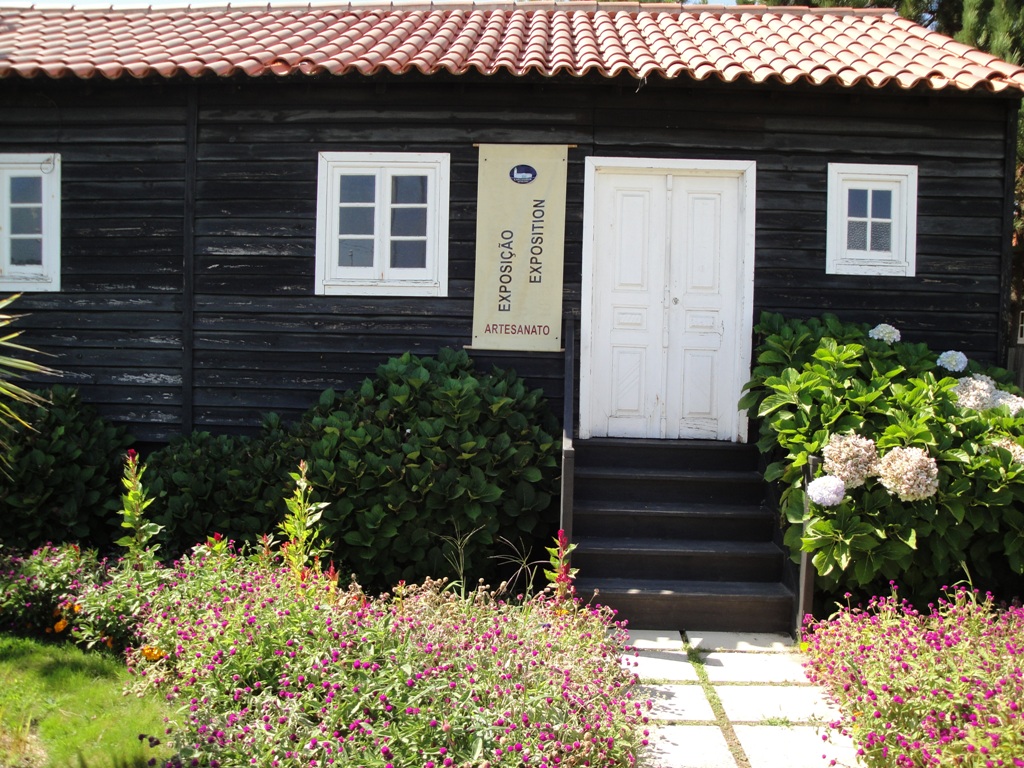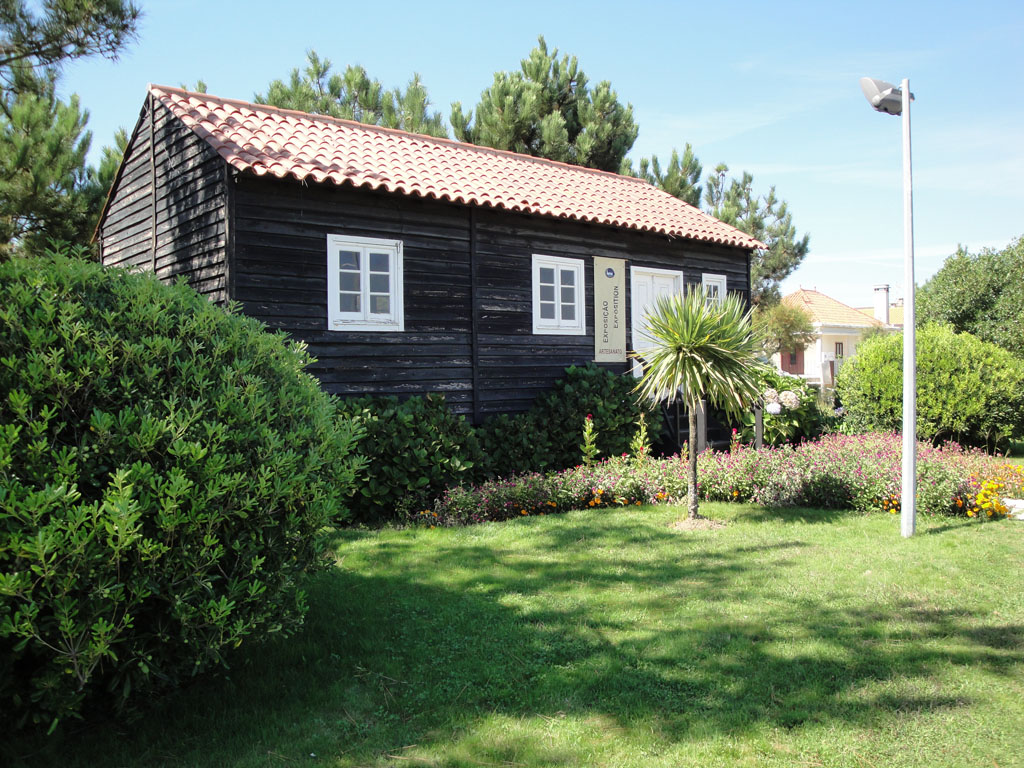


Palheiros da Tocha
Presentation
In this old fishing village of Praia da Tocha, in the Municipality of Cantanhede, it is still possible to find traces of the old haystacks where, in times, fishermen kept the material used in their daily work in the summer months.
Despite the fact that tourist demand has dragged, over the last few years, the inevitable urban growth, this has developed without affecting the identity of the village. The measures adopted to preserve the Xávega architecture are clearly evident in the recovery of the fishermen's haystacks, now transformed into holiday homes, or in the adoption of characteristic local materials in more modern construction forms.
The first haystacks fulfilled the function of storage of fishing material or fish salting warehouses, as well as temporary housing for the fishermen who lived in the village during the harvest (April to October).
Unlike other beaches on the central coast, Palheiros da Tocha managed to maintain part of its primitive characteristics until later, retaining its stilt-like appearance, that is, exposed stakes, inclined towards the outside, providing support for the haystack.
Read moreParticularities
The first palheiros (straw lofts) fulfilled the function of storage room for fishing material or as storehouse for fish salting, as well as temporary housing for fishermen who lived in the village during the season (April to October). Unlike other beaches on the central coast, the Palheiros of Tocha managed to keep, until later, part of their primitive characteristics, preserving its palafitte aspect, i.e. stake ahoy, inclined to the outside, giving base of sustenance of the palheiro.






